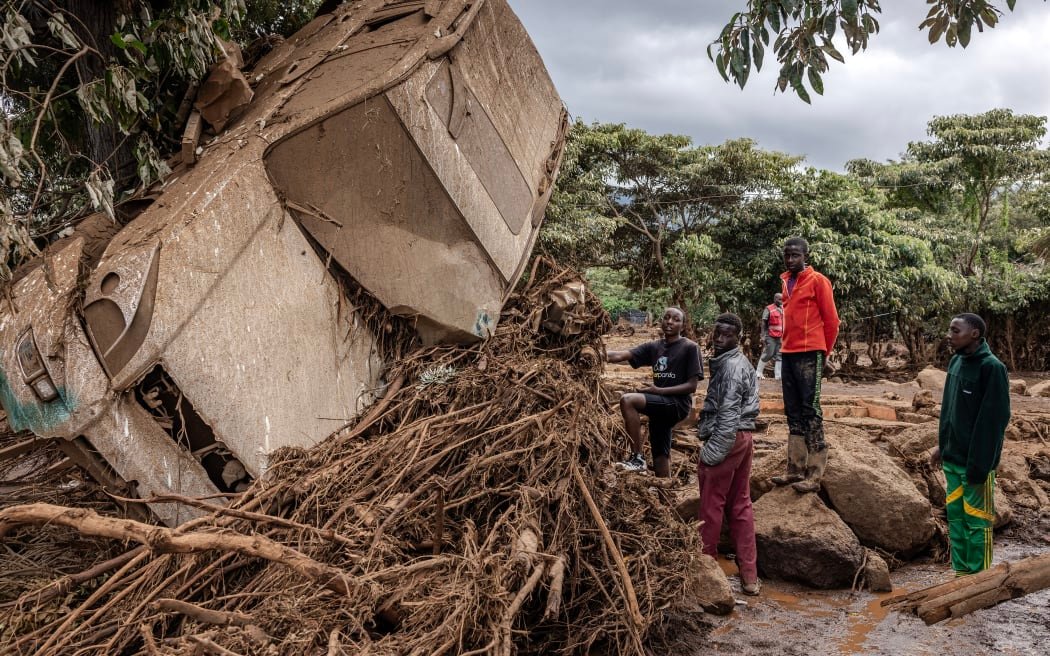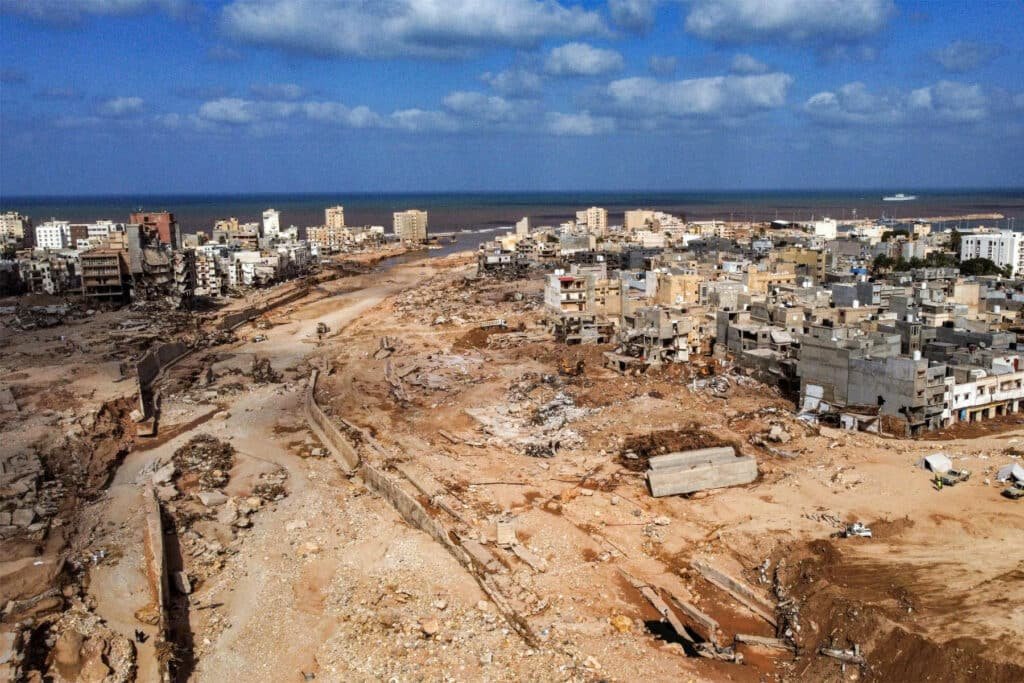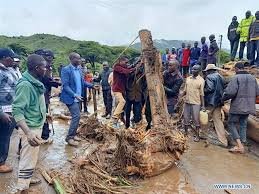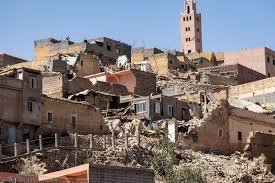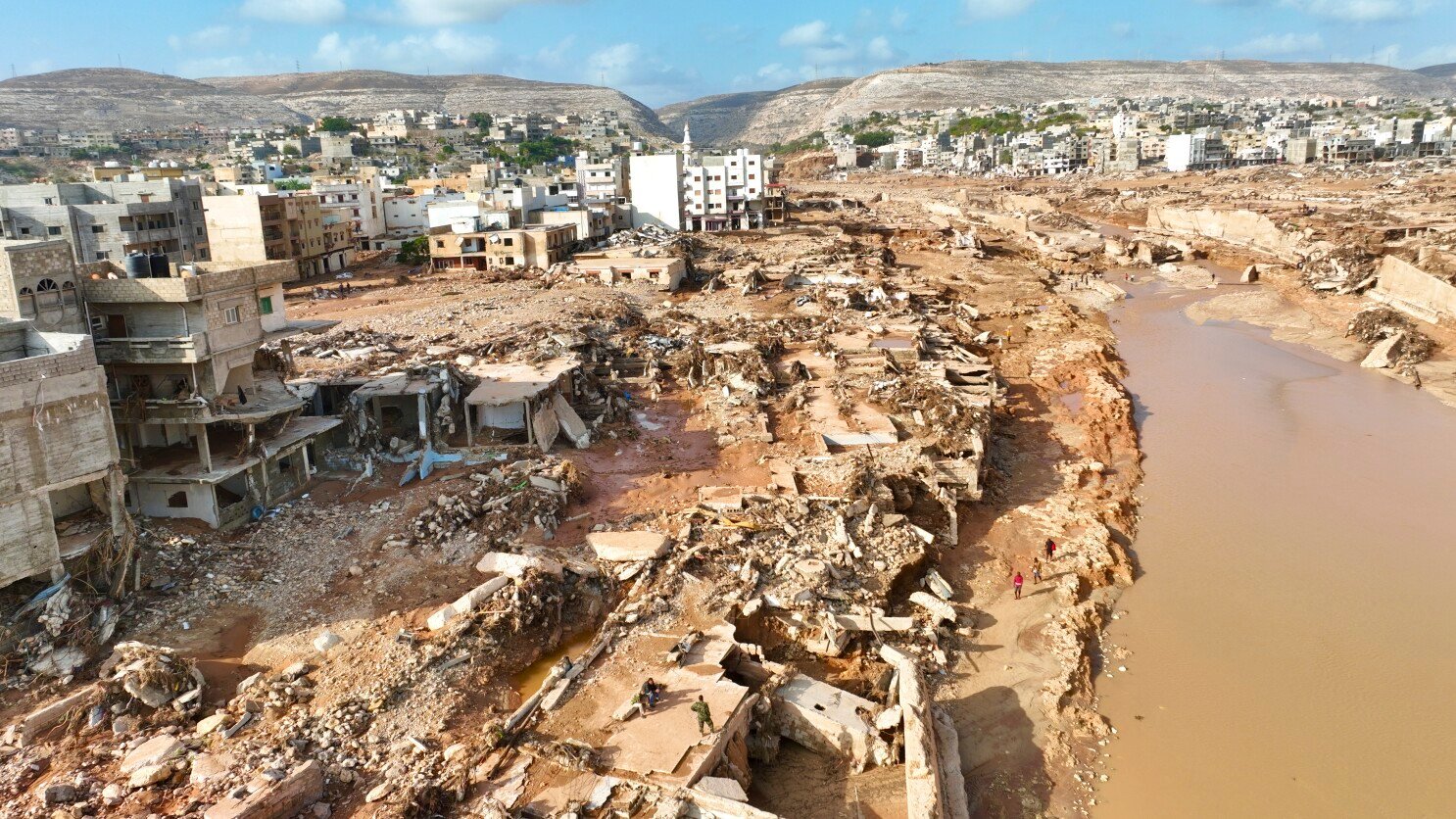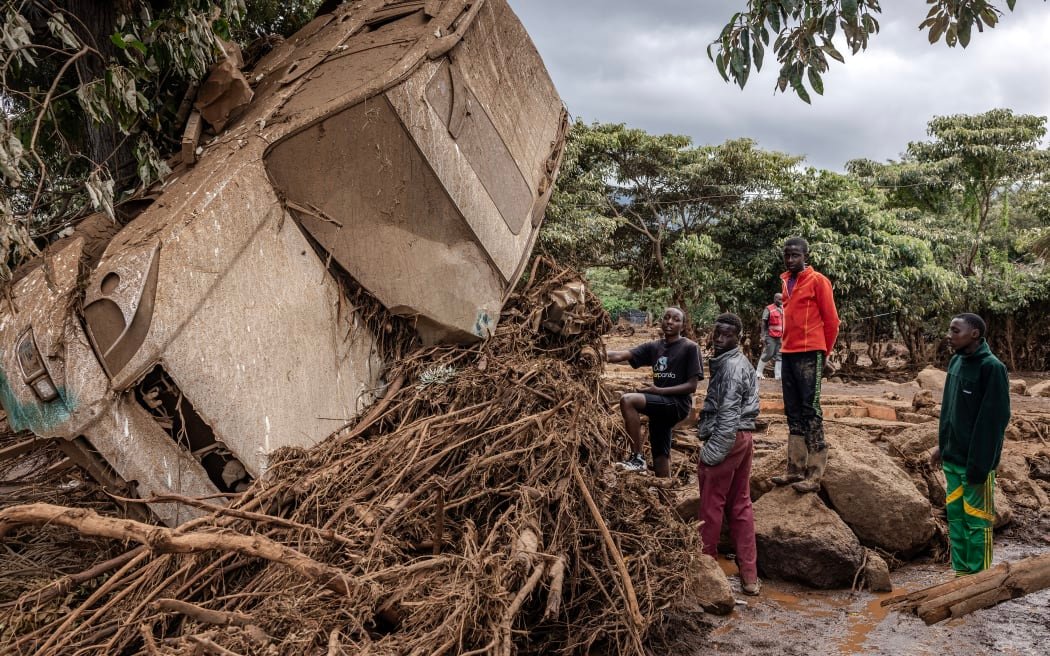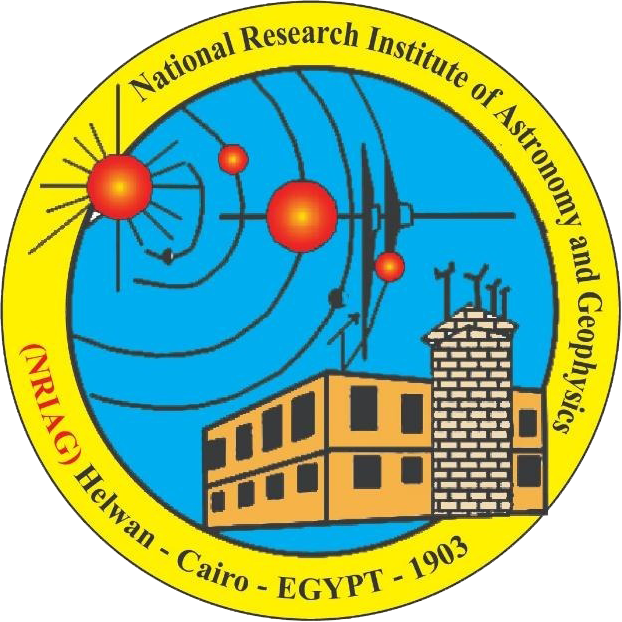Enhancing Resilience to Disasters in Africa through Science, Technology, and Innovation

Expert Meeting on
Enhancing Resilience to Disasters in Africa through Science, Technology, and Innovation
Cairo, Egypt, 17-19 November 2024
Africa faces a growing threat from natural disasters such as earthquakes, floods, volcanos droughts, and climate-induced crises, which endanger both its human population and its rich cultural and natural heritage. The preservation of Africa’s heritage, including UNESCO World Heritage Sites, requires a proactive approach that integrates the latest developments in Science, Technology, and Innovation (STI) with disaster risk reduction strategies. This workshop builds upon the Aswan Declaration on Sustainable Conservation of UNESCO and Other Heritage Sites Through Proactive Geosciences, expanding its scope to address the broader context of disaster resilience through advanced technological applications.
In alignment with the Aswan Declaration, this workshop aims to foster interdisciplinary collaborations, leveraging innovations in geosciences, data analytics, and digital technologies to strengthen disaster preparedness and resilience across Africa.
Meeting Goals:
- Drafting a Common African Action Plan on the integration of STI to enhance resilience to disasters, with a focus on climate risks, environmental sustainability, and disaster management.
- Leveraging the Aswan Declaration on Sustainable Conservation of UNESCO and Other Heritage Sites through Proactive Geosciences, broadening its scope to incorporate modern technologies, data-driven solutions, and innovative approaches to disaster prevention and resilience building.
- Enhancing Synergies and Cooperation among African countries, regional organizations, and international bodies to tackle disaster risk through innovative solutions, including artificial intelligence, big data, and Internet of Things (IoT).
Key Topics to be Covered:
- Leveraging Geoscience and Technology for Disaster Preparedness:
Proactive monitoring, hazard mapping, and site conservation technologies that protect heritage sites and communities. - Artificial Intelligence and Big Data for early warning and Risk Mitigation:
The use of AI, machine learning, and data analytics to forecast, manage, and mitigate disaster impacts. - IoT and Smart Technologies for Disaster Monitoring:
Innovations in sensor technology, IoT, and remote sensing for real-time disaster tracking and early warning systems. - Sustainable Conservation of Heritage Sites:
Best practices for using STI to safeguard cultural and natural heritage, especially in disaster-prone regions. - Climate Change and Disaster Resilience in Africa:
Addressing climate risks and security concerns through STI and policy integration. - Public-Private Partnerships for Innovation in Disaster Management:
Case studies of successful collaborations in using technology for disaster risk reduction and resilience building.
Expected Outcomes:
- A roadmap for integrating STI into national and regional disaster risk reduction strategies in Africa.
- Recommendations for preserving and managing African heritage sites at risk through advanced technologies.
- Enhanced collaboration between African nations, research institutions, and global partners to advance resilience initiatives.
- Practical solutions for deploying cutting-edge technologies to mitigate disaster risks and strengthen Africa’s resilience.
Parceners
- United Nations Educational, Scientific and Cultural Organization UNESCO
- African Scientific, Research and Innovation Council, ASRIC
- Federation of Arab Scientific Research Councils, FASRC
- National Research Institute of Astronomy and Geophysics, NRIAG


